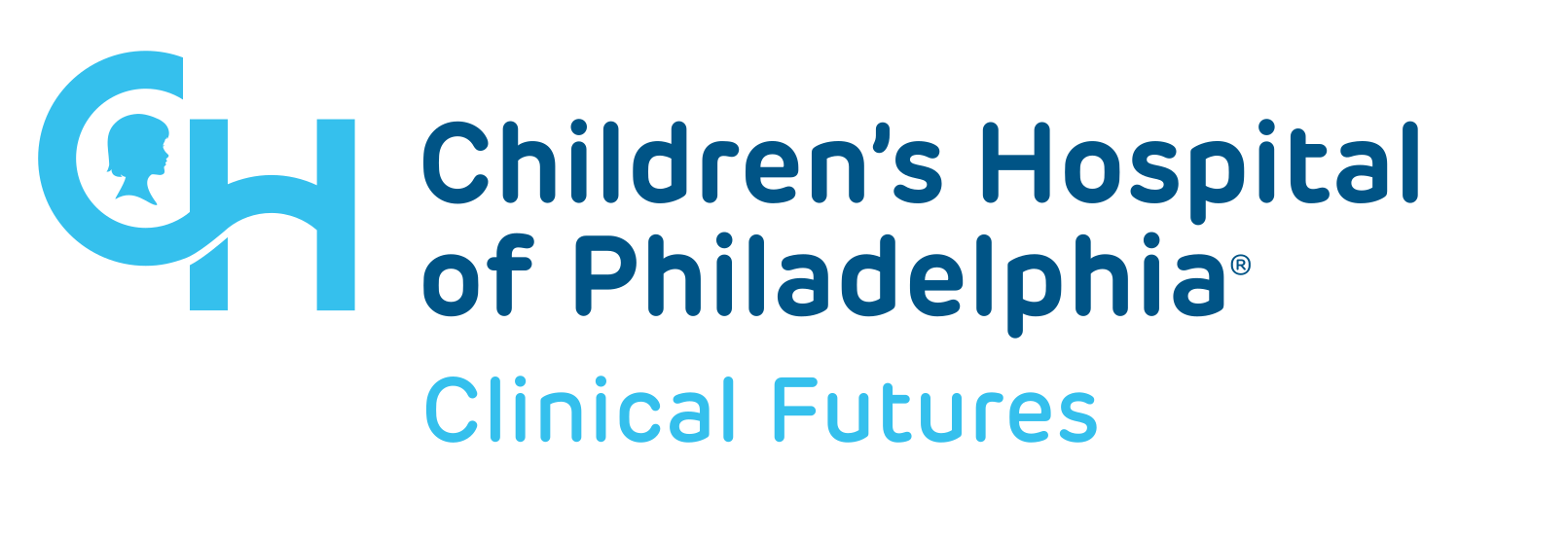
Our Mission
The mission of the Pediatric Infectious Disease Epidemiology & Antimicrobial Stewardship (IDEAS) research group is to perform rigorous clinical and translational research that generates evidence on the prevention and treatment of infections to inform best practices and improve the health of children, families, and communities.
Pediatric IDEAS is a collaborative group of investigators within Clinical Futures at CHOP. If you are a student who is interested in working with Clinical Futures and the Pediatric IDEAS Research Group, please fill out this Student Interest Form.
Antimicrobial Stewardship
Antibiotics are the most common prescription medications given to children. Inappropriate use of antibiotics can lead to unnecessary adverse drug effects and the emergence of antimicrobial resistance.
Vaccine Research
Pandemic influenza continues to be a global threat. Due to the unpredictable timing and nature of a pandemic, advance planning is needed to ensure that the necessary surveillance and applied research can be quickly deployed in the event of pandemic.
Infections in Pediatric Immunocompromised Hosts
Among pediatric fungal infections, invasive candidiasis is a common and frequently fatal infection in high-risk hospitalized children. Invasive candidiasis is of particular concern in immunocompromised children often resulting in significant morbidity and mortality.
Healthcare Acquired Infections
Despite the high potential for the transmission of hospital-acquired respiratory infections, little is known about their epidemiology attributed to a pediatric outpatient encounter. Research on healthcare-acquired infections at Clinical Futures seeks to measure children's risk of acquiring respiratory infections in pediatric ambulatory sites. This line of research also identifies infection control practices that may be associated with the incidence of these infections.
Clinical Pharmacokinetics and Antimicrobial Genetics
Acute kidney injury (AKI) is a serious and under-recognized side effect of antimicrobial therapies that can prolong hospitalization, lead to development of chronic kidney disease, and increase in-hospital mortality.






























